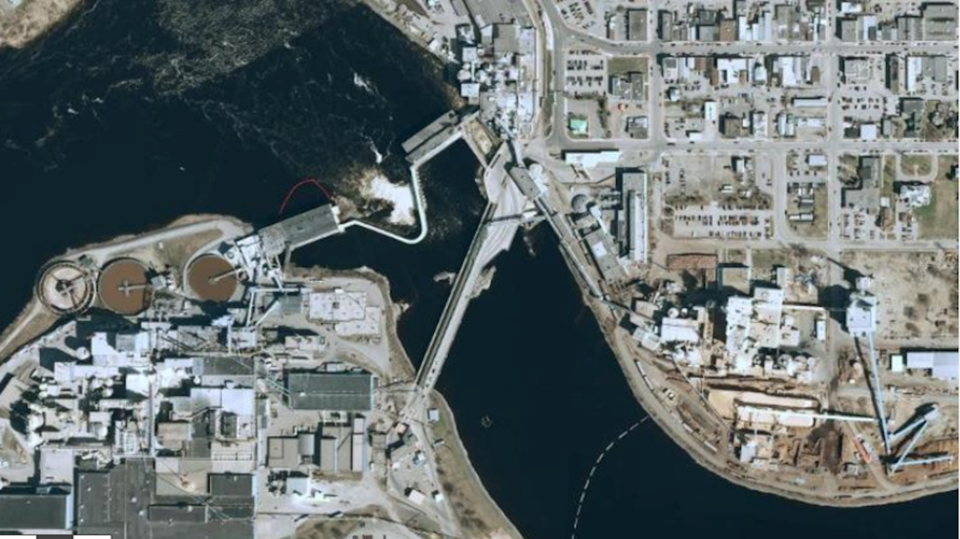FORT FRANCES — Touted as the busiest border crossing in northwestern Ontario, the controversial move by private owners to nearly triple the toll for the International Bridge has the town's council lobbying the federal government to take action.
At the beginning of November, the cost of a 12-crossing commuter card for two-axle vehicles rose to $90, up from the previous price of $30. The new toll created a pile-up of concerns commuters expressing frustrations over the new fee.
With several hundred thousand vehicles crossing the bridge each year, the international bridge is a critical economic link to Fort Frances and International Falls, Minn.
Recognizing the financial impact on their constituents, Fort Frances council on Tuesday passed a motion that called on the federal government to negotiate the purchase of the international bridge from Aazhogan LP at a fair price, with the federal government would impose minimal or no tolls and be responsible for the maintenance of the bridge.
The town's council is also asking the provincial government to support and coordinate the efforts made by the federal government in the purchase and maintenance of the bridge.
On Oct. 27, Kenora-Rainy River MPP Greg Rickford offered his support in a release.
“As leaders, we have an obligation to advocate for constituents on matters that affect their household budgets. We welcome Aazhogan LP’s openness to further dialogue,” Rickford said.
In an interview with Thunder Bay-Rainy River MP Marcus Powlowski, he stated that a short-term isn’t accessible without substantial financial backing.
“I think in the short term coming up with the money is going to be difficult. So, I think in the short term, we're looking at ways to maybe be able to at least subsidize part of the cost,” Powlowski said on Wednesday.
Since the bridge will need structural upgrades in the near future, Aazhogan LP will need to cover the cost.
“We're looking at possibly whether or not the government could pay for that as a way of subsidizing the price because otherwise that out of the revenues of the owners of the bridge and in order to pay for that, it comes out of the pockets of people going back and forth across the border," Powlowski said.
"I think we're looking at short-term answers and long-term answers. I agree with you the long-term answer is a publicly owned bridge. I think at one time there used to be a lot of privately owned bridges, but there's a reason why that is no longer the case.”
- NWOnewswatch




